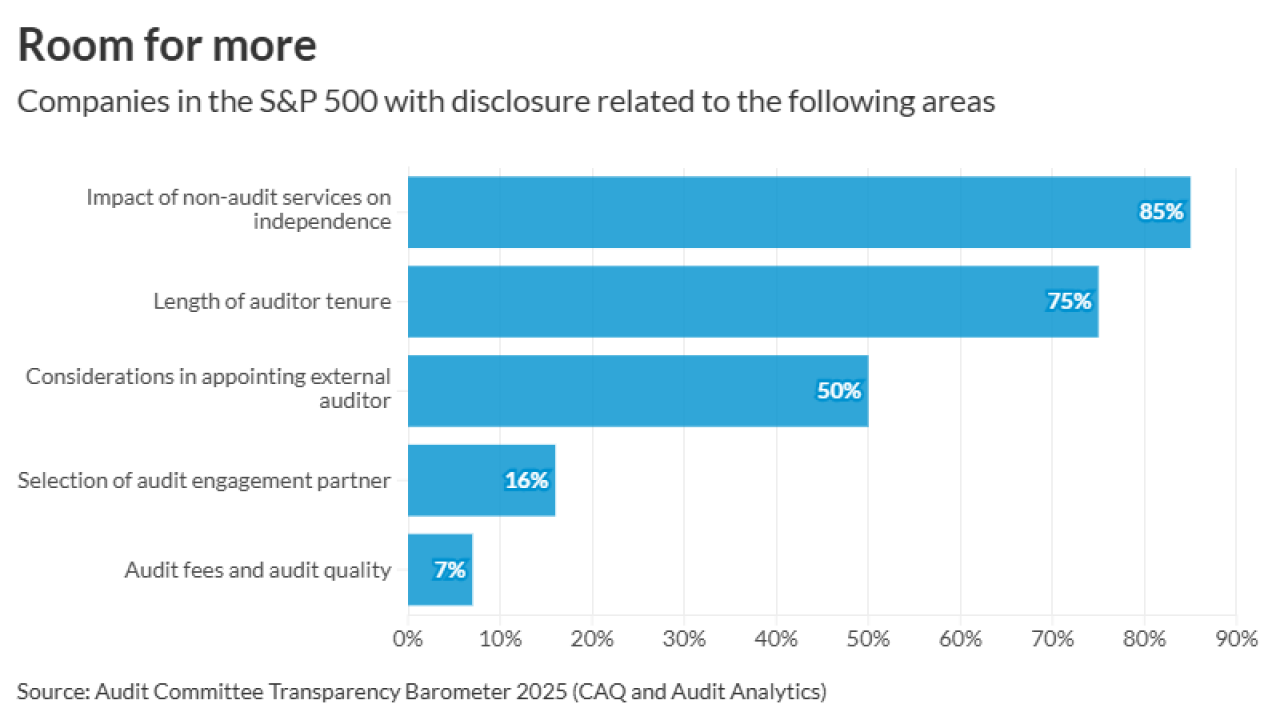Artificial intelligence is actually boosting productivity and wages, a new report found.
PwC's 2025 Global AI Jobs Barometer report, released today, analyzed nearly a billion job ads across six continents. It found that AI is making workers more productive, valuable and able to demand higher wage premiums.
"This research shows that the power of AI to deliver for businesses is already being realised. And we are only at the start of the transition," Carol Stubbings, global chief commercial officer at PwC, said in a statement. "As we roll out Agentic AI at enterprise scale, we are seeing that the right combination of technology and culture can create dramatic new opportunities to reimagine how organisations work and create value."
Surprisingly to some, the data does not show job or wage destruction from AI. Job availability actually grew 38% in roles that were more exposed to AI, although that figure remains below the growth rate in less exposed occupations (65%). And wages grew twice as fast in AI-exposed industries, reaching 56% growth in 2024 versus 25% the previous year. Jobs that require AI skills have also continued to grow faster than all jobs, rising 7.5% from last year while total job postings fell 11.3%.
"In contrast to worries that AI could cause sharp reductions in the number of jobs available — this year's findings show jobs are growing in virtually every type of AI-exposed occupation, including highly automatable ones," PwC's global chief AI officer Joe Atkinson said in a statement. "AI is amplifying and democratizing expertise, enabling employees to multiply their impact and focus on higher-level responsibilities. With the right foundations, both companies and workers can re-define their roles and industries and emerge leaders in their field, particularly as the full gambit of applications becomes clearer."
In addition, industries the most exposed to AI saw three times higher growth in revenue per employee (27%) versus those less exposed (9%). And skills sought by employers are changing 66% faster in the most exposed jobs.
"AI's rapid advance is not just re-shaping industries, but fundamentally altering the workforce and the skills required," PwC's global workforce leader Pete Brown said in a statement. "This is not a situation that employers can easily buy their way out of. Even if they can pay the premium required to attract talent with AI skills, those skills can quickly become out of date without investment in the systems to help the workforce learn."
In light of its findings, the report recommends five actions for businesses:
- Use AI for enterprise-wide transformation;
- Treat AI as a growth strategy, not just an efficiency strategy;
- Prioritise Agentic AI;
- Enable your workforce to have the skills to make the most of AI's power; and,
- Unlock AI's transformative potential by building trust.





